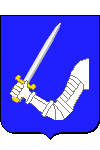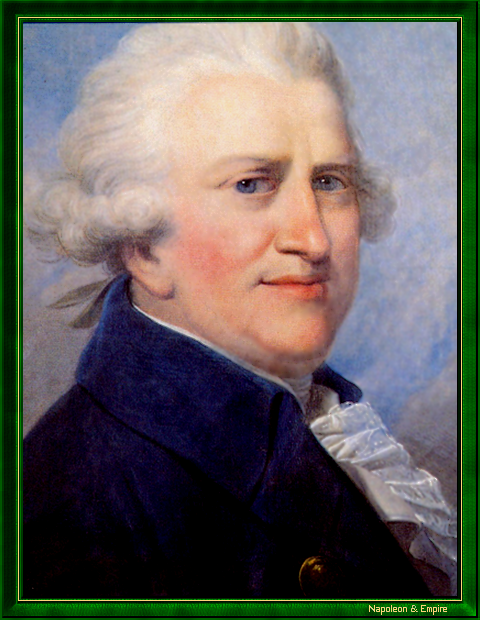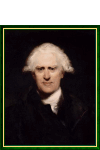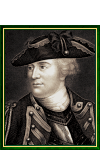Pronunciation:

Born on April 6, 1725 at Morosaglia, Corsica, Pasquale Paoli spent his teenage years in Naples , and entered as a cadet the Corsican troops of the Kingdom of Two-Sicilies.
In 1755, he was elected as a General to lead the Corsican insurrection against Genovese occupation, and wrote a Constitution under Enlightenment principles, which is considered as the first one in modern times.
Paoli fought victoriously against Genovese but was defeated at Ponte-Nuovo by French troops on May 9, 1769 and must leave the island, taking refuge in England.
In 1789, Corsica was incorporated to the French territory. Paoli was elected President of the departmental administration, and reached Corsica on July 14 of the following year.
In 1793, accused by the French National Convention of dealing with England, he declared the secession of Corsica and got two thousand men from Horatio Nelson, then Captain of the Royal Navy. Paoli seized the cities of Bastia and Calvi, and offered the sovereignty of his island to King George III of England. The british government having asked Paoli to leave Corsica, he accepted and set sail to England in fall 1795. This short period of british sovereignty, known as "Anglo-Corsican Kingdom", ended on October 19, 1796 when France reconquered Bastia.
Pasquale Paoli died in London on February 5, 1807, far away from his homeland.
"Pasquale Paoli" by Richard Cosway (Tiverton, Devon 1742 - London 1821).

The University of Corsica, founded 1765 by Pasquale Paoli and closed in 1769 by order of King Louis XV of France, re-opened in 1981 and was named "Università di Corsica Pasquale Paoli".
Other portraits

Enlarge
"Pasquale de' Paoli" by Thomas Lawrence (Bristol 1769 - London 1830).

Enlarge
"Pascal Paoli". Eighteenth century engraving.